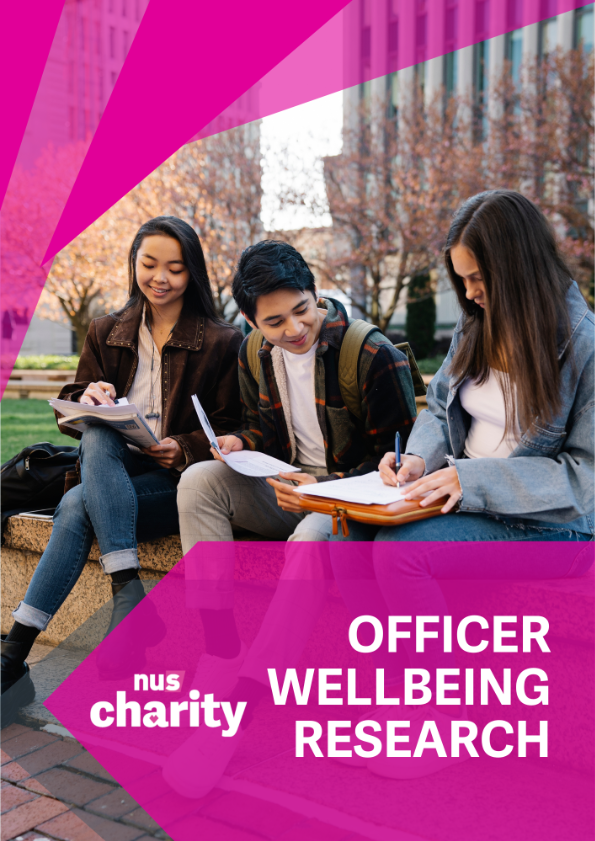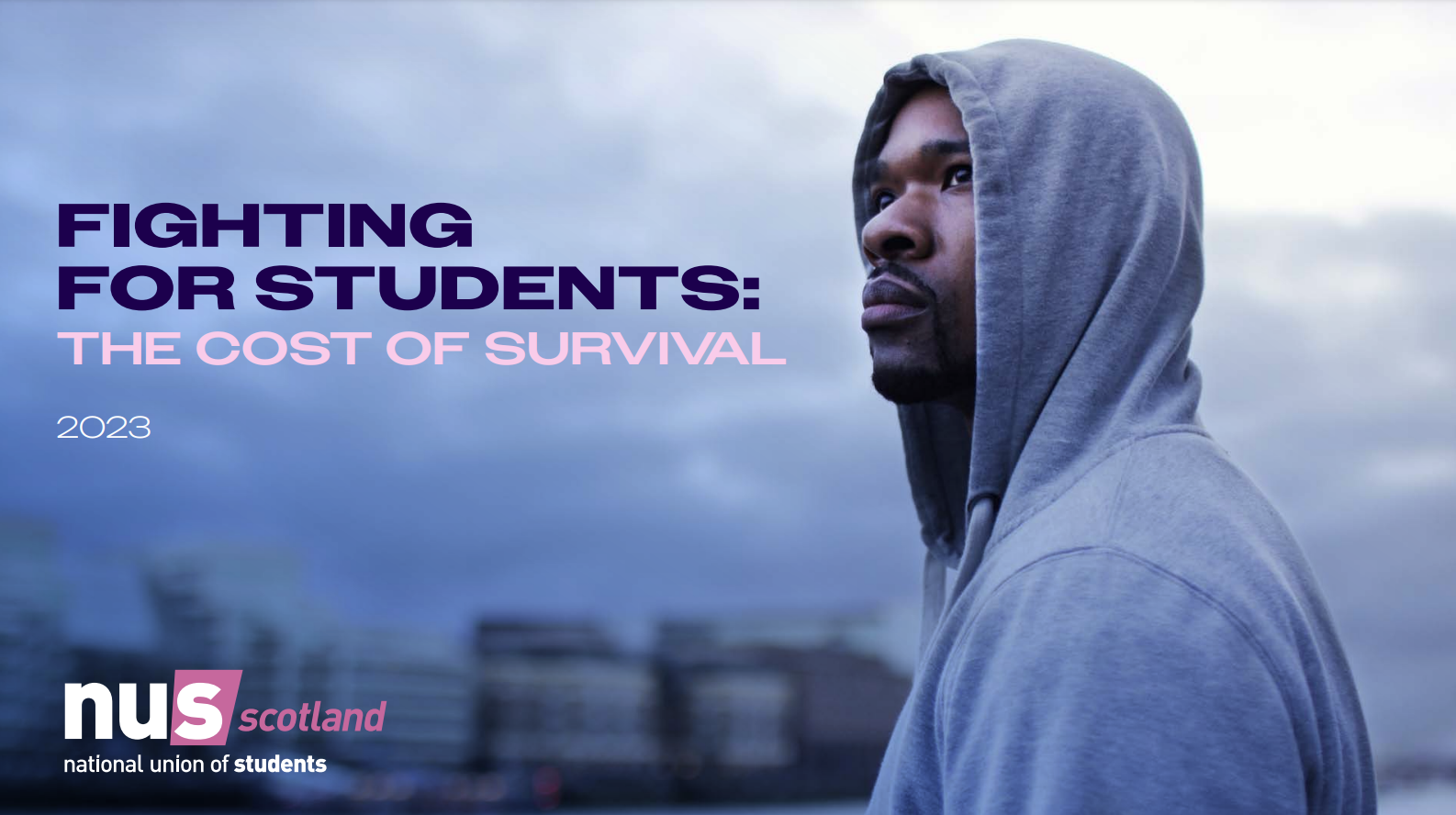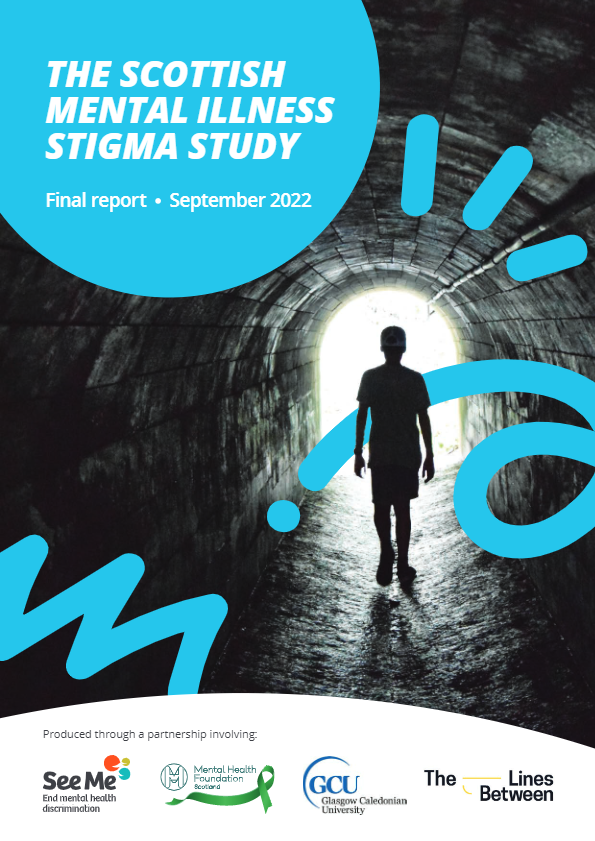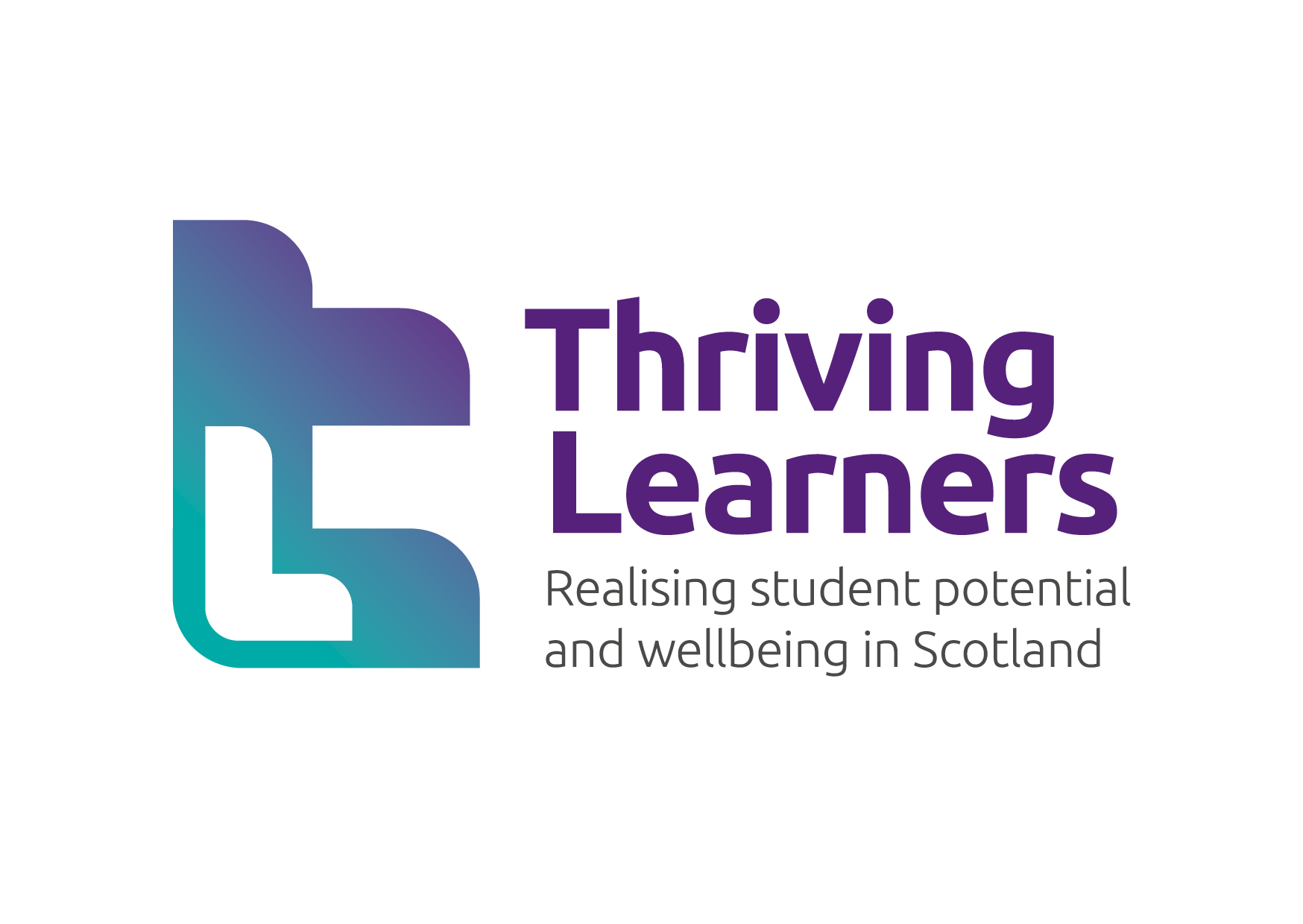In 2022, NUS Charity conducted a research project into the experiences of students’ union/association officers and NUS officers over the past ten years. 468 current or previous officers shared their experiences. They were asked about their experience in the role, the impact of the role and responsibilities on overall wellbeing and mental health as well …
Research
NUS Scotland launches ‘Cost of Survival’ report
Both Thriving Learners Research and Think Positive research have highlighted how money concerns have an impact on students mental health. A new report from NUS Scotland shows the scale of the financial challenges facing students at the moment. The research is based on a survey of over 5,300 college and university students and apprentices. The …
University Counselling Services in Scotland: Insights and Perspectives Following the Covid-19 Pandemic
This independent research report provides an updated overview of Scottish University Counselling Services. First, the report summarises the landscape of provision within University Counselling Services in Scotland. It identifies the range of internal and external services and support offered by universities. Second, the demand for student counselling across universities is examined. Third, the utilisation of …
The Scottish Mental Illness Stigma Study
The Scottish Mental Illness Stigma Study explores where and how people with more complex mental illnesses face stigma and discrimination and the impact this has. The study has highlighted that people are holding back from attending events and doing activities which contribute to basic happiness – withdrawing from friendships, not pursuing employment opportunities and even …
Thriving Learners College Research
NUS Scotland responds to new college student mental health research Students’ union calls for increased financial and counselling support for college students New research published by the Mental Health Foundation on Thursday, 1 December 2022 has revealed that almost two thirds (64%) of college students report having low wellbeing and more than half (54%) reporting …






